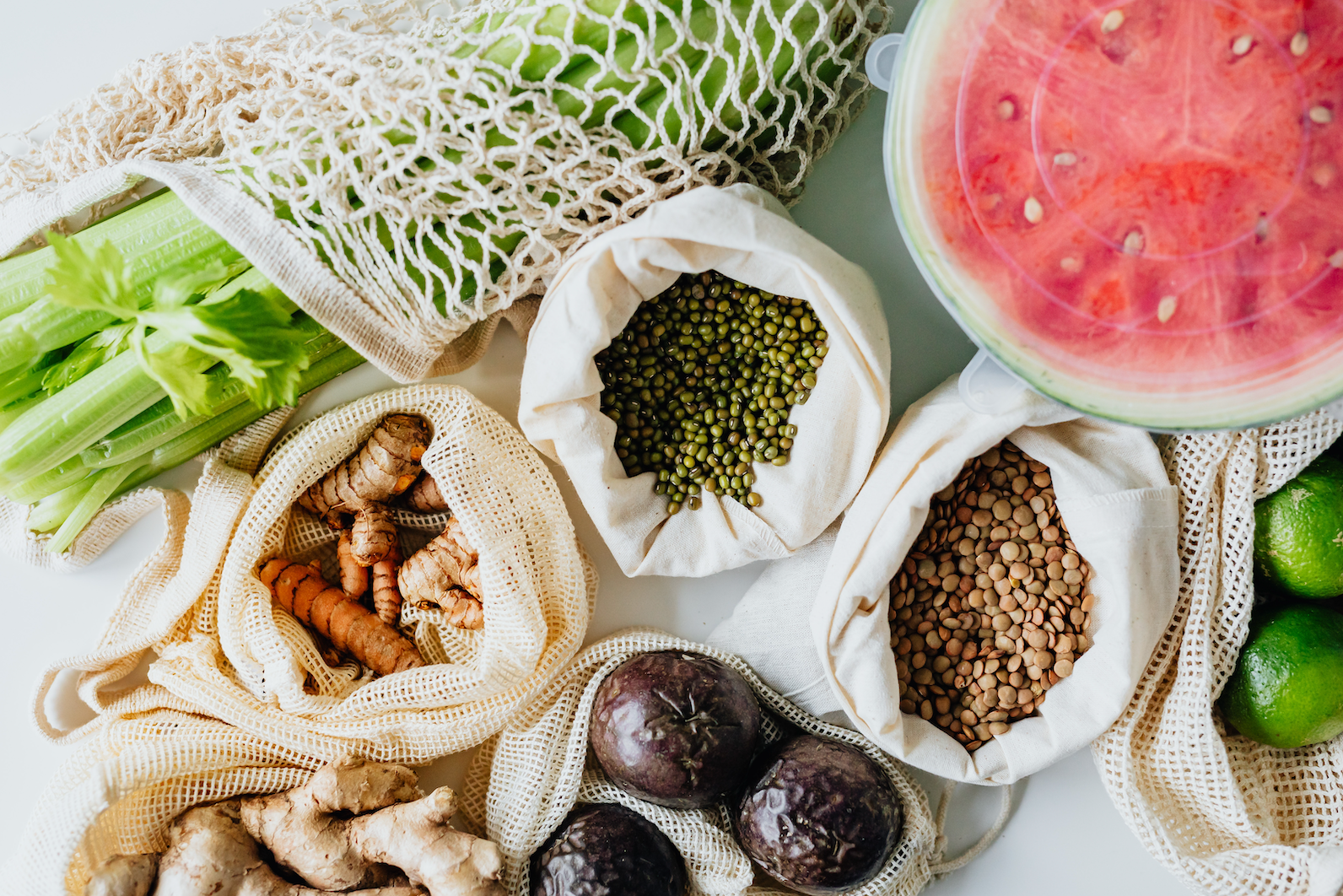
Are You Deficient in These Nutrients?
Unlock better health with Magnesium, B Vitamins, and Vitamin D.
Super nutrients you need
If you want to keep your hormones balanced and happy, you need targeted nutrients in the right amounts. Yes, your hormones require raw materials for production and for balance. Today we want to highlight a few critical nutrients that can support your journey to better health. We’re talking magnesium, B vitamins, vitamin D, and how to get more of these nutrients into your daily life.
Deficiencies in these nutrients can contribute to PMS, insomnia, anxiety, depression, muscle aches and pains, heart troubles, muscle loss, digestive issues, low libido, skin troubles, and much much more. Can you relate to any of these? If so, listen up!
- Magnesium is the most powerful relaxation mineral we have available. It has a role in total body health and hormones including insulin, estrogen, cortisol, and thyroid hormones. It also supports quality sleep and reduces anxiousness. Magnesium is an essential mineral that our body does not produce, which means we need to consume it every single day. Food sources of magnesium include oats, flax seeds, pumpkin seeds, and chia seeds. Dark chocolate is also an evergreen favorite, which boasts not only a high magnesium content but also prebiotic fiber to help with gut health and it’s packed with antioxidants. Sometimes, we need a little extra support so supplementing can be useful. The key is to pick the highest quality in the right amounts. More on this soon! ;)
- B vitamins work to maintain your nervous system, gastrointestinal system, and cardiovascular system as well as maintaining balanced hormones throughout your menstrual cycle. One B vitamin in particular, B12, cannot be produced by your body and needs to be included in your diet in order to avoid a deficiency (these are mostly found in animal products, so vegetarians and vegans may need a supplement). Leafy greens such as kale, spinach, and collard greens are an excellent source of B9. Sunflower seeds contain high amounts of B3, B5, B6, and B9. Eggs are one of the best sources of B7 in addition to containing B2, B5, B9 and B12. Salmon is another source of many B vitamins.
- Vitamin D - Over 40 percent of Americans are deficient in Vitamin D, a vital nutrient that helps balance your hormones.Vitamin D deficiency can lead to low estrogen, an essential hormone for your menstrual health. Low estrogen can lead to symptoms such as mood swings, breast tenderness, and irregular or missing periods. Fatty fish, tuna, egg yolks, and mushrooms are all whole food sources that contain Vitamin D, but you can also get an extra dose of this essential nutrient by getting a few minutes of sunshine every day. Vitamin D levels tend to dip in the winter months when your skin is subject to less sunny conditions, so you may want to consider supplementing according to the seasons.
Synergistic foods that work together

We are loving this chart that features some of our favorite hormone-friendly foods rich in vitamin D, B vitamins, and magnesium. Our friend, Dr. Deanna Minich, shared this handy chart of nutrient dense foods that work well together. Try these combinations!
A few favorites from this week.

Magnesium-rich dark chocolate, anyone? Try this Mint Pistachio Chocolate Bark.

This recipe features some of our favorite nutrient dense foods – chocolate, strawberries, chia seeds, and bananas. Check out this Chocolate Chia Pudding here.
Up your diversity
Having a diverse diet is critical for your overall health in more ways than one. The American Gut Project from UCSD has created the largest database of human gut microbiome samples to date, submitted by anyone who wants to participate. They’ve found that eating 30 plant types a week leads to a significantly more robust gut microbiome, which we know can support immunity, hormones, skin, mental health, and more. Thirty plant species might sound like a lot, but it’s possible. Here are some tips.
- Eat each color of the rainbow daily. Example, blueberries, radish, arugula, turmeric, and orange pepper.
- Switch up the types of fruits and veggies you eat. If you ate peaches yesterday, try bananas today.
- Eat lots of herbs and spices! These count as plant types. Cook with paprika, cumin, turmeric, rosemary, thyme, and any other flavors you love.
Our seed cycling blends can help you feel and do your best (so can this...)

